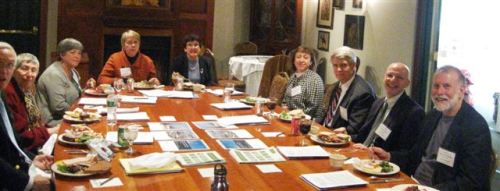Minority Serving Institutions Building Green
By Felicia Davis, Building Green Program Director, United Negro College Fund
(This article appears in the August, 2010 issue of The ACUPCC Implementer)
The United Negro College Fund (UNCF) Institute for Capacity Building has embarked upon an ambitious endeavor to catapult minority-serving colleges and universities into leadership roles in the transition to a sustainable green global economy. Elevating the critical need for emissions reductions and social, economic and environmental responsibility is central to the mission of higher education institutions. Energy efficient upgrades, LEED certified building, and interdisciplinary sustainability studies are key elements in campus-wide sustainability efforts. Minority-serving institutions are in a unique position to make a quantum-leap by embracing and aggressively pursuing carbon-neutral campus infrastructures. These institutions can turn liabilities, such as older inefficient buildings, into assets by adopting LEED standards for new and existing buildings. They can lead the way to a sustainable future.
Elizabeth City State University (ECSU) in North Carolina, under the leadership of Chancellor Dr. Willie Gilchrist, is the first institution to sign
- Read more about Minority Serving Institutions Building Green
- Add new comment


 Second Nature’s
Second Nature’s 

 College and university presidents are stepping up to provide leadership on national transportation policy through Second Nature’s 15-member task force, which just released its
College and university presidents are stepping up to provide leadership on national transportation policy through Second Nature’s 15-member task force, which just released its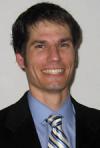 On April 23, the
On April 23, the 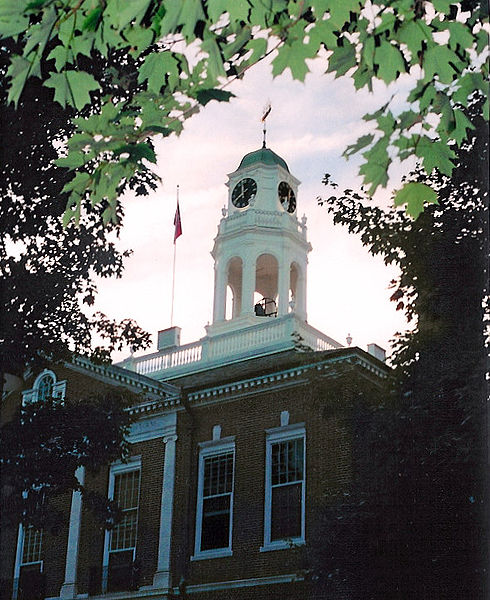
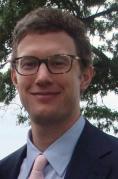 Bowdoin is gearing up for
Bowdoin is gearing up for 
 Earlier this month, I traveled to Nashville, TN, where I attended the
Earlier this month, I traveled to Nashville, TN, where I attended the 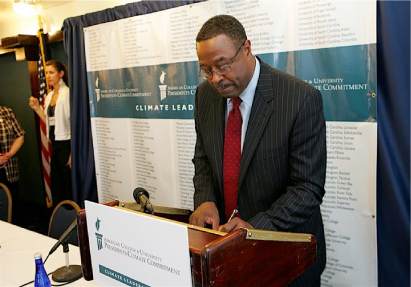

 On January 21, 2010, I joined a wonderful group of colleagues to present a workshop “A New Generation of Sustainability Leadership: The Role of Higher Education in Building a Green Economy” at the
On January 21, 2010, I joined a wonderful group of colleagues to present a workshop “A New Generation of Sustainability Leadership: The Role of Higher Education in Building a Green Economy” at the 